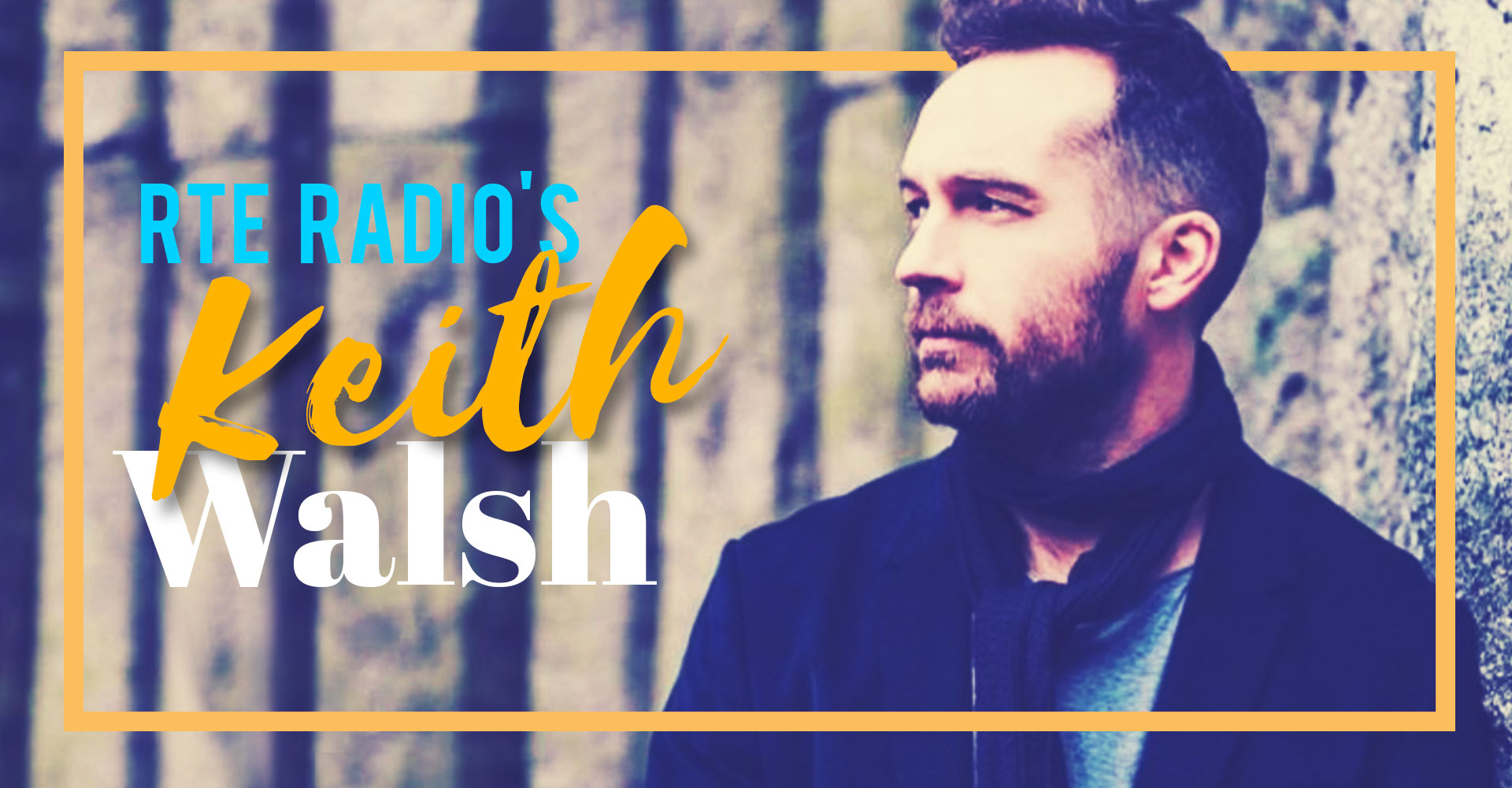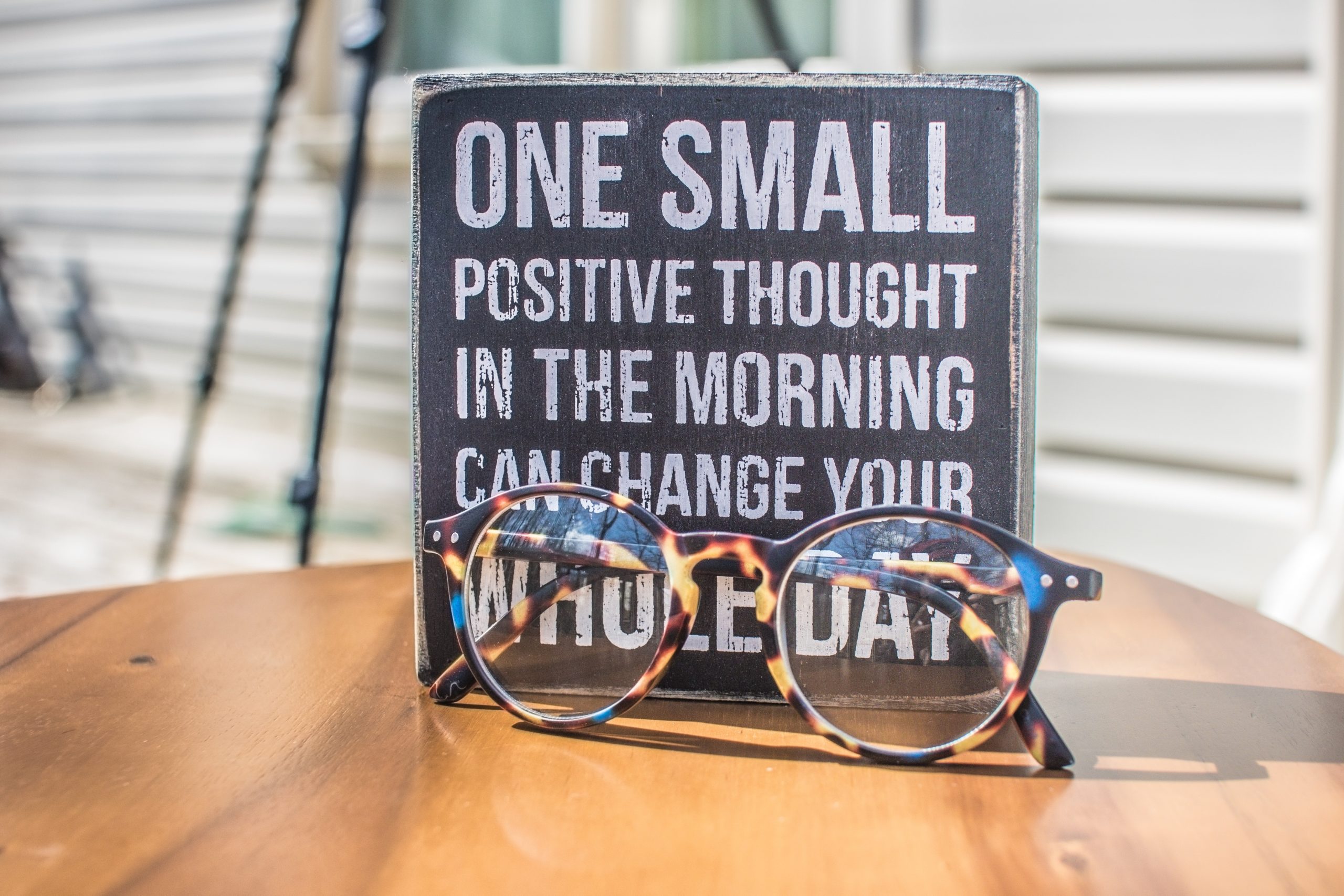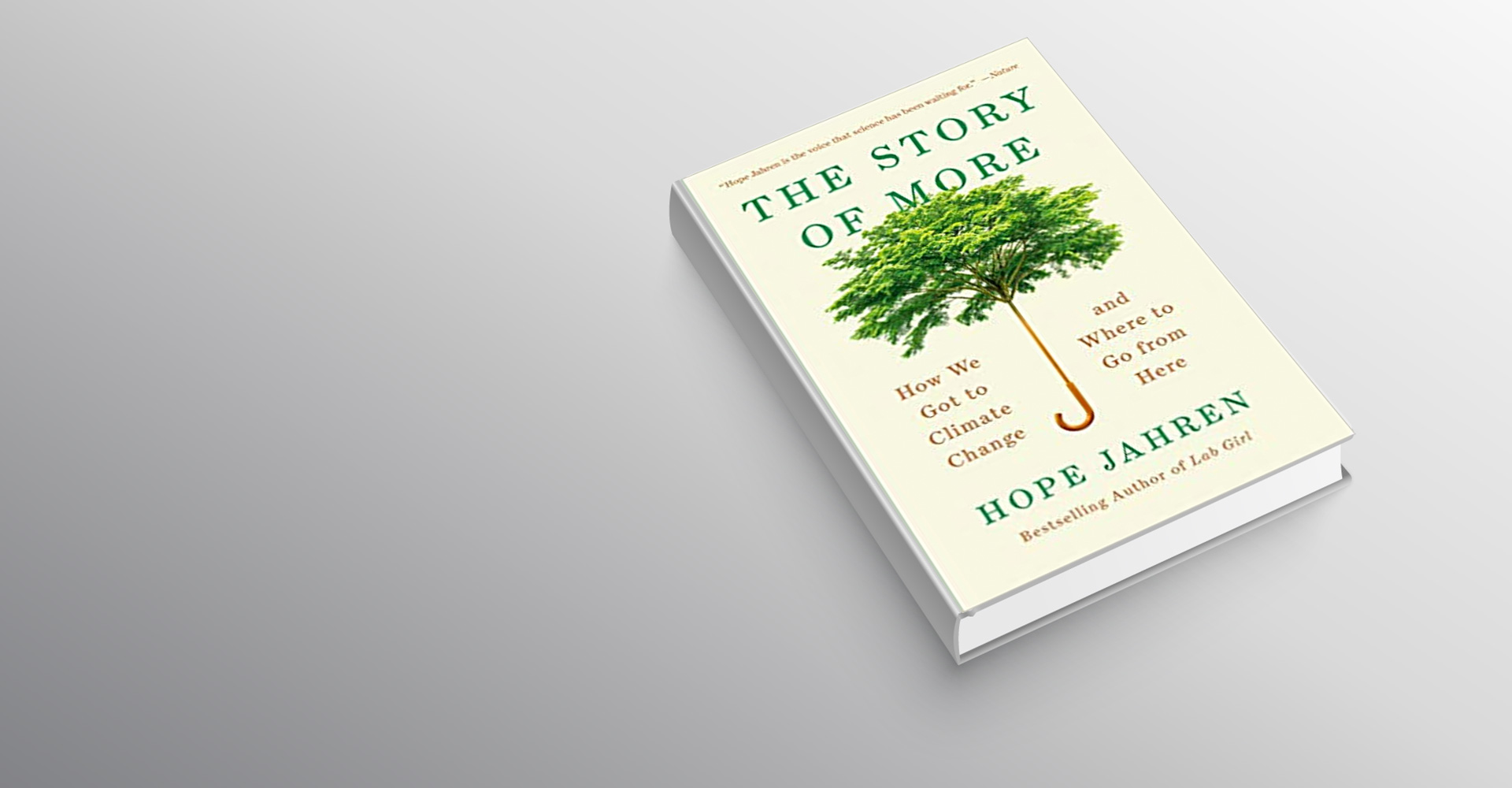Meet Suzy Kell, owner of Gentle Decluttering
We’ve all been there. Staring at a room that’s is full of well-intentioned gifts or household gizmos that seemed like such a good idea at the time.
But, with the sudden arrival of Covid-19 last year, we have been spending lots more time in our homes than ever before. For the past few months, every time we open the door into that room or open that wardrobe, we find ourselves going another shade of crazy.
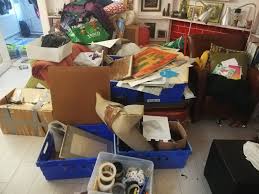
And at a time where we cannot use the excuse ‘ I just don’t have the time’, how exactly are we going to sort it?
Enter Suzy Kell, motivational de-clutterer!
Owner of Gentle Decluttering, Suzy usually works with people in their own homes but she has also now established a system where she can work with people online also. No room is safe and no cupboard can escape, but lest you think that Suzy will strong-arm you into giving up one of the 43 blacktops you have, she simply asks a series of questions, which allows you to arrive at your own reasons for giving it up. Mary O’Sullivan’s Wasted.ie spoke to Suzy earlier this month to see what motivates her and what made her choose a career in de-cluttering!
What is your own background and how did you end up here?
I have always had a fascination with human nature – how we socialise and make our way through the world. This led me to my Psychology degree in Trinity College, where, in my final year I happened upon some life-changing books and blogs on minimalism. I jumped right in. 10 years later, my husband and I enjoy life in a small townhouse living with less, where I’m living out my dream of doing my ‘big thing in the world’, helping other people find peace at home through de-cluttering.
Tell us a bit about your service and what sort of people you help
Up until this point, I have been working one-to-one with people from many different walks of life – overwhelmed mum’s, retired artists, and couples who want to make life easier at home with their busy working lives. I help them form a plan suited to them, and show them how I de-clutter to minimize overwhelm and get a lot sorted by the time I leave them. Above all, I’m there to encourage them and ask them guiding questions to make decisions that would otherwise derail the whole process if they were alone. I’m now working to create a workbook-based online course that couples can use to get on the same page and de-clutter together. I’m now working on workbooks and a 6-week online course to help couples hone their de-cluttering skills and make changes that stick (coming soon).
Is ‘getting started’ the hardest part for most people?
You’re right, it often is. De-cluttering is something that can seemingly be done ‘anytime’, which makes it perfect to push out to ‘someday’. I’ve been there! I encourage people to start with a small drawer or shelf, something that can be finished completely in the time we have so they can feel a sense of accomplishment and catch the de-cluttering bug. De-cluttering isn’t finished until those things have gone to their final destination – donated, binned or sold – so we make a plan for that as well in every session.
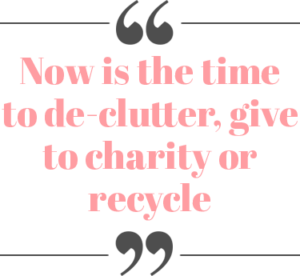
I expect that, even though people want to engage in the practice, you must come across some resistance – tell us about what you find?
De-cluttering is incredibly personal – many people feel a tie to their identity and to precious memories in their stuff. I had one friend describe the comfort that floods her when she touches her collection of teddies. Finding a balance between living easily (easy tidying up, cleaning and finding things) but not living in a sterile and cold house is a concern for many of my clients.
How do you help people who you realise may have a more emotional reason for hoarding and resistance towards giving things up?
My approach is to tease out what their feelings and help them find a compromise – it doesn’t have to be a choice between too much and barely enough. My secret weapon is not assuming I know what is going on for them when they confront their stuff. I ask simple questions in a gentle tone to get a window into their daily life, feel their emotions and hold them safely in their vulnerability. Having me there as a neutral party makes it easier for people to make these decisions in an unpressurised atmosphere. Then it’s my job to help them ‘re-frame’ the situation to see it as a benefit rather than a loss to them. The fear usually stems from a psychological bias towards loss aversion i.e. our bodies are protecting us so we don’t run out of things we need. I ask careful and thoughtful questions to tease out what’s going on and create a safe space to say those fears out loud so we can look at them together. I never push someone to get rid of something when they’re not ready, and these questions help us determine if its the right time.
Can you tell us about a success story or someone you have helped?
I’m working with a couple at the moment (whom I hold in total confidentiality) and we had a breakthrough in their home office recently. The room had become part mud-room for motorcycle gear, part paper filing room and teeny-tweeny part office… but it was difficult to even think about working in there. Through a series of questions, I teased out what the woman had hoped to use the room for versus the daily routine that had evolved into dumping things here. Before we began sorting through things, I engineered a conversation that needed to be had by the couple in which they decided to make the utility room the drop-off point for the motorcycle gear instead – a tweak which meant that our de-cluttering efforts had a major impact that day. At the end of our sorting, ‘re-‘homing and donating-bag filling of jackets, gloves, and papers some hours later my client was amazed at the spaciousness of her office desk, the clear shelves and the reassurance that this was a safe space to work again.
You have just launched a service for couples – that sounds like a really clever idea – how did that come about?
The clients I serve get a lot further when both spouses are on board from the start, and I wanted to create something special to help them get there. My research online and through surveys revealed a serious struggle between partners on how much stuff they should own, and that more clutter meant more arguments, resentment and more distraction from what was really important in life. Being married for 5 years now, I’ve lived with and lovingly wrestled with my opposite and we live in a small, easily managed home only because we could discuss and compromise on how life should be lived together. I’m surprised I’ve yet to find many other professional organisers who specialise in helping couples communicate and work together as it’s so raw and so prevalent when you see it on social media. I’m excited to help!
Finally, a tricky one – who is hardest to convince to get rid of stuff – men or women??! 😊
Traditionally, women are the ones who hold the household together in their hands and their heads, but I’ve been surprised by how many men have contacted me on behalf of the family to help them with their wives who have a harder time keeping everything under control at home. I’m now of the opinion that it is due to personality and psychological struggles rather than gender roles alone – and in that way I’m delighted to help more men in an industry that seems to almost always hone in on women alone.
What is your one ‘top tip’ that will help people who want to de-clutter their space?
Try it out. If you’re not sure if you’ll miss something, take a chance and de-clutter it. Give yourself a cushion by either putting it away in a sealed box in the attic for 3 months or donate it and give yourself permission to buy it again if you need to. There are two things that can happen. You have the realisation that you need a lot less than you think and it doesn’t even register, or you feel the tiny pang of ‘oh no, I got rid of that skirt’… and the world continuing to turn as sweetly as it did before. That has been my experience. Try it out and see if it shatters your world… or if it gracefully makes it a bit simpler and better.
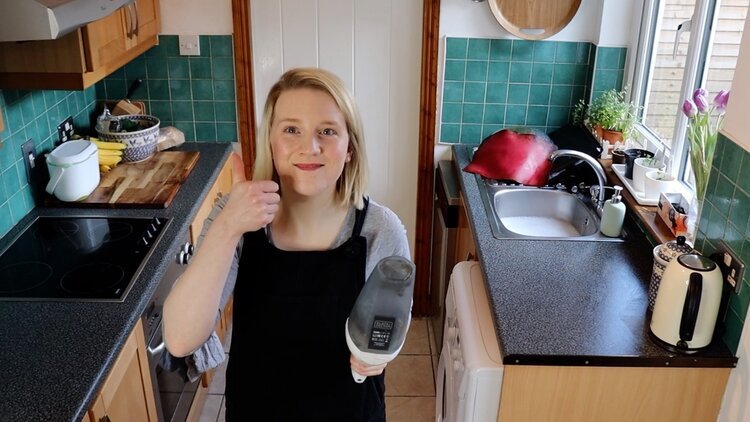
Taking the first step with Suzy:
There are various options available to those starting off or for those who are just not quite sure where to start at all, including the option to have a call with Suzy free of charge to see how she can help. After that, she offers a 4-hour session designed to de-clutter one core area of your home. At €199 for the 4 hours, we think that will be money very well spent.
About Suzy
Suzy is a Decluttering Coach and the owner of Gentle Decluttering, offering inspiration and in-home decluttering services to people in Dublin and beyond! She is a Psychology Graduate of Trinity College, a Minimalist of 8 years, and a member of the Association of Professional Declutterers and Organisers.
Suzy delivers advice that she has implemented herself at home with her husband in their small Dublin townhouse and she has solid organizational systems in place to allow her to have a more easy-going pace of life.
Check out her site, including her 60 minutes House Kickstarter Challenge here: Start your decluttering challenge here!
Get in touch with Suzy now and start your de-cluttering journey once and for all!
The Wasted Team



